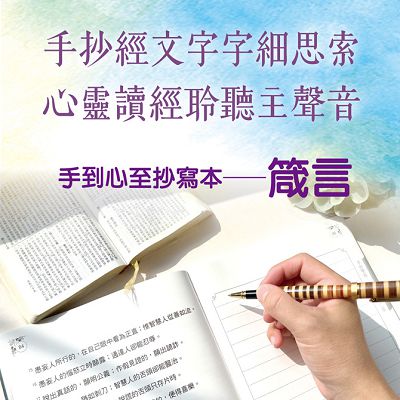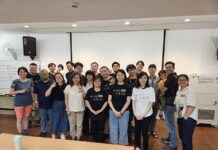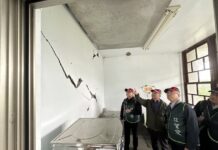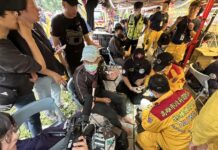May 28-June 3, 2012
Headline News
Seminar in Tainan reviews Taiwan’s history and offers blueprint for the future
Reported by Simon Lin
Written by Lydia Ma
Rev. Huang Te-cheng, Chairman of the Association for the Promotion of Taiwan in Tainan recently expressed his grave concern about Taiwanese giving a second term to President Ma. During a month-long sit-in protest movement organized by the PCT throughout Taiwan to protest the hike in fuel and energy prices, Huang added a lecture of his own held on May 27, 2012 inside East Gate Barclay Memorial Church in Tainan – just as pastors conducted their sit-in protest across from the church.
Based on the theme “Taiwan: Past, Present, and Future”, Huang invited Taiwan Solidarity Union legislator Hsu Chun-hsin to speak on the importance of self-identification and how Christians should brace for the nation’s future.
Criticizing the President’s lack of credibility and competence, Huang said that in times such as these, the PCT should not forget what it has done in the past. He cited Rev. Thomas Barclay’s heroism and actions in 1895 when Taiwan was ceded to Japan. Barclay helped avert disaster by mediating between Japanese soldiers and inhabitants in Tainan so that no civilian would be killed as Japanese soldiers took over Tainan. In the 1970s, the PCT’s efforts in achieving self-determination and national reforms were instrumental to the democratic development of Taiwan.
When it was Hsu’s turn to speak, he underscored that Taiwanese have their own national history and this history is not Chinese history. He said that knowing one’s own identity, culture, language, and history were pivotal in the creation of an independent state. He also said that Taiwan had portrayed itself as a sovereign state as early as Koxinga’s arrival to Taiwan and then during the reign of Koxinga’s son, Cheng Ching. During that period, Taiwan was known as the Kingdom of Tungning but also called the Kingdom of Taiwan by the English East India Company.
Hsu said that the reason the KMT has continually undermined Taiwanese history, culture, and language is because it doesn’t want to see an independent Taiwan or lose its legitimacy. For this same reason, it has often stressed on the validity of the Cairo Declaration and the Potsdam Declaration, instead of referring to the San Francisco Peace Treaty, as the basis of Taiwan’s legitimacy. But Hsu underscored that in contrast to treaties, declarations are not legally binding whereas treaties are binding agreements,
Hsu said that the language in the San Francisco Peace Treaty ceded Taiwan to no one, and Japan merely renounced sovereignty over Taiwan when it signed this treaty. For this reason, Taiwanese can use this treaty as a basis for fulfilling the criteria for self-determination under UN regulations and create a new country.
As for his analysis on the present circumstances, Hsu said that the Ma administration does not care about Taiwan’s national defense and has long since given up on maintaining formal diplomatic relations. Instead, it has set its sights on China, signed an Economic Cooperation Framework Agreement with China, and “put all its eggs in one basket”. These policies have resulted in brain drain, loss of capital and human resources, ever-widening economic gap between the rich and the poor, etc.
Despite these circumstances, Hsu encouraged Taiwanese to look ahead into the future because there may still be hope. He noted that Beijing’s overemphasis on economic development at the expense of cultural development and other important issues is bound to create havoc for China. As long as Taiwanese continue to work hard, increase their sense of national identity, further their economic independence, protect Taiwan’s technological industries, and make efforts to further differentiate Taiwan from China, there will be hope in the horizon when China begins to stagnate.






